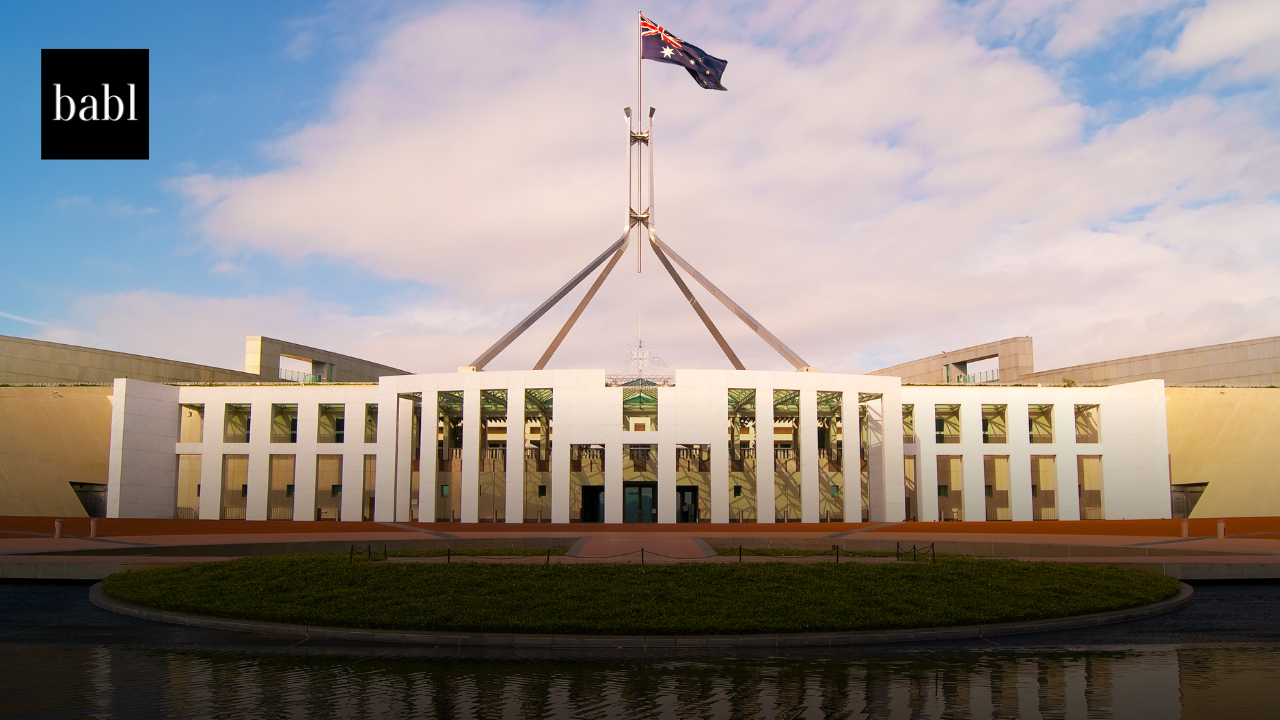UPDATE — AUGUST 2025: The UK government is moving forward with its plan to create a Digital Health Record (DHR) for every citizen, a cornerstone of preparing the NHS for the AI era. A new Digital Records and Data Strategy Unit has been established within the Department of Health & Social Care (DHSC). Pilot projects are already integrating local records with AI tools, while national interoperability standards are under development. Although the vision of a unified DHR remains ambitious, steady progress through 2025 shows continued momentum toward an AI-powered, patient-centered NHS.
ORIGINAL NEWS POST:
UK AI Report Shows Ambitious Plan for a Digital Health Record
A new report from the Tony Blair Institute for Global Change outlines a bold strategy to transform the National Health Service (NHS) through the creation of a Digital Health Record (DHR) for every citizen. The plan aims to prepare the NHS for the artificial intelligence (AI) era while improving efficiency, quality, and accessibility of care across the country.
Speaking at the Tony Blair Institute’s Future of Britain Conference, Wes Streeting presented the government’s vision for reforming the NHS. He described three key shifts: moving from treatment to prevention, transitioning from hospital-based to community-based care, and advancing from analogue systems to digital ones. These priorities are designed to reduce waiting times, modernize infrastructure, and meet the growing demands of patients.
Building the Digital Health Record
At the center of this vision lies the Digital Health Record, envisioned as the “single source of truth” for every citizen’s medical and care data. Currently, patient information is scattered across multiple systems—hospitals, GP practices, and pharmacies. The DHR would integrate these silos into a unified, longitudinal record that follows individuals throughout their lives.
The Tony Blair Institute report notes that the DHR would have the greatest impact in primary care, where it could enhance access and continuity of treatment. For acute care, healthcare providers would have complete medical histories available in real time, improving diagnostic accuracy and patient safety. Meanwhile, for those with long-term conditions, the DHR would enable remote monitoring and self-management through digital tools, allowing safer, more personalized care close to home.
Enabling the NHS’s Transition to the AI Era
The DHR also plays a crucial role in preparing the NHS for the AI era. Health data forms the foundation for training and deploying AI systems. A unified record would accelerate the responsible use of AI across healthcare. As a result, hospitals and care providers could use AI-driven tools to boost productivity, identify population-health trends, and deliver precision medicine tailored to individual patients. Furthermore, the DHR would advance research and innovation. By improving data access, it would help researchers identify health risks, speed up clinical trials, and design preventive-care models that save both lives and costs.
Implementation and Governance
The government’s goal of creating a DHR for every citizen within one parliamentary term remains ambitious. To accomplish it, the Department of Health & Social Care has established a dedicated oversight unit to coordinate development, regulation, and rollout. This initiative requires major investment in digital infrastructure. It also needs new legislation to ensure interoperability between NHS systems. Moreover, the plan calls for strong data-governance frameworks to safeguard privacy and build patient trust. If successful, the DHR will become the backbone of a data-driven NHS designed for the demands of the AI era.
Need Help?
Keeping pace with evolving AI policies and digital-governance standards can be difficult. To understand how these changes could affect your organization, reach out to BABL AI. Their Audit Experts can help you ensure compliance, assess risks, and implement responsible AI strategies aligned with international best practices.





